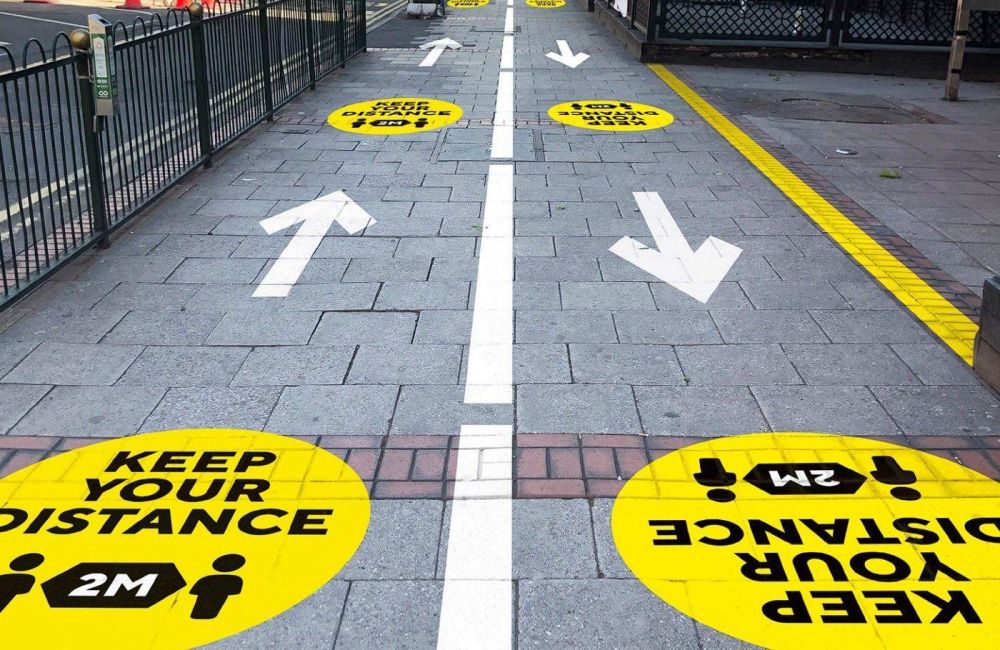As part of our Covid-19 Community Life study, generously supported by a Wellcome Trust Public Engagement grant, this report is the first snapshot of insights.
As the pandemic arrived on UK shores, the country was already sharply divided. We had just left the European Union, with no sign of reconciliation between those on either side of the debate. There were over 280 recorded protest events in the UK in 2019, compared to 154 in 2010. Yet initially, the pandemic brought a halt to all protests, was hailed as a “great leveller” and a light was shone on the many examples of people coming together across divides to support one another. Of course, over time, it became clear that Covid-19 is not a great leveller people from Black and Ethnic Minority groups, from low-income households or deprived communities, and key workers are disproportionately bearing the brunt of the disease, in health, social and economic terms.
In this first results snapshot, we focus on these themes of unity and division, and share with you five key insights:
The old issues will still be there – recognition that the pandemic has often brought people and communities together, but a majority feeling of pessimism about any long-term change overcoming the deep divides caused by issues such as Brexit.
Keeping divisions alive – divisions over the cause and source of the virus and whose responsibility it is to care for the vulnerable, leading to a sense that Covid-19 is simply a new vehicle for old arguments.
High levels of distrust – with politicians and the media coming in for substantive criticism, people are concerned that either incompetence or deliberate misinformation and manipulation are kindling the fires of division.
Tempered optimism – even those with a belief we will be more united as a country after the pandemic think it will be a case of things being slightly less bad, rather than genuinely united.
Mixed reasons for negativity – for the minority who think the country will be more divided after the pandemic, there is little consistency in reasons for thinking this.
This project explored how Covid-19 changed our relationships, interactions and experience of community in real-time in late 2020. Using both a digital platform, whereby around 140 participants shared their stories and experiences online, supplemented with phone interviews with 30 people who do not have access to, or feel comfortable using, digital devices.
Posted on: 30 September 2020 Authors: Alice Bell, Eve Avdoulos, Jana Tauschinski,

